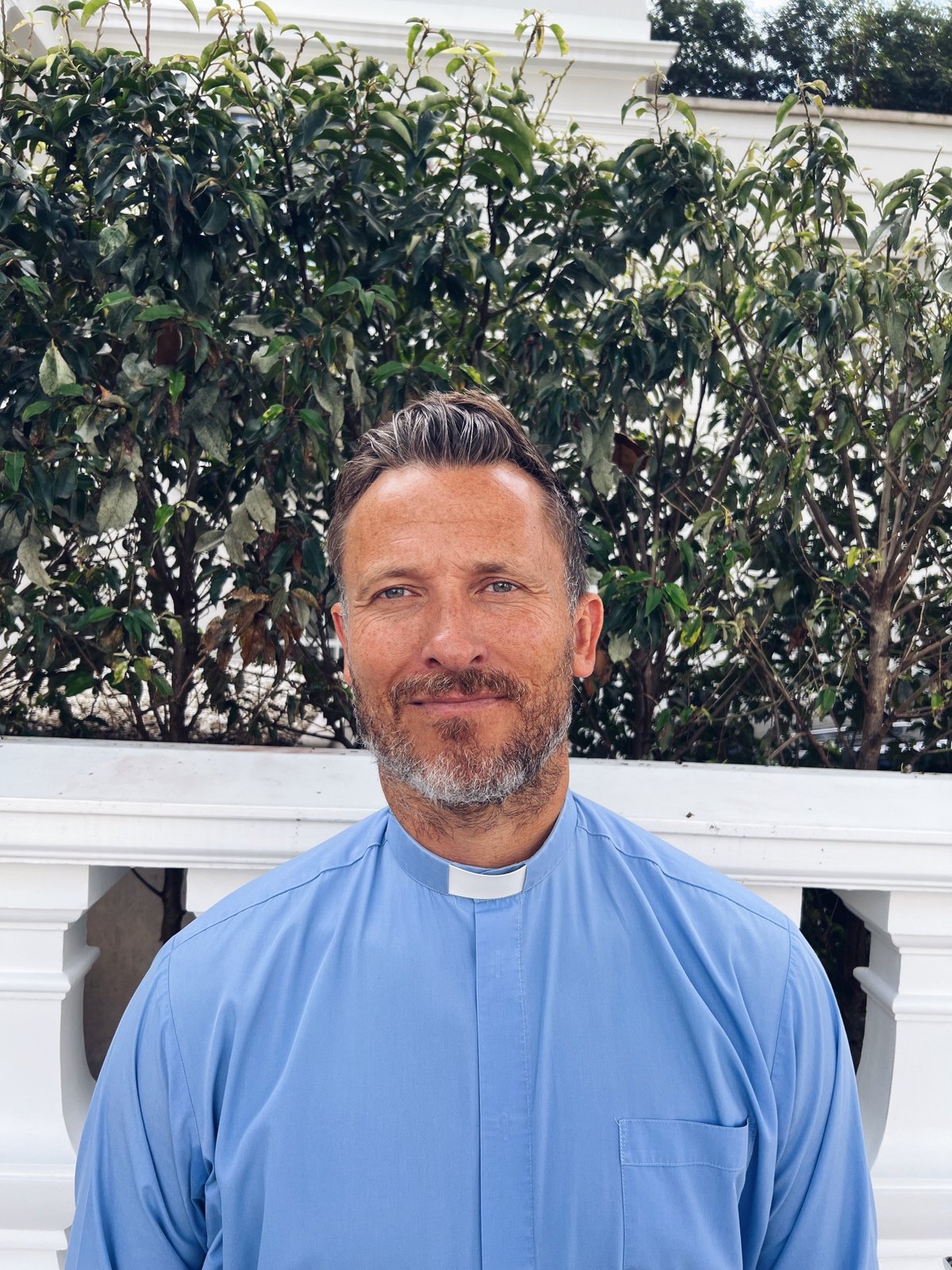A New Face of Christianity in Britain
For the first time in five generations, Christianity is experiencing a revival, with more people embracing the faith than leaving it. This shift is particularly noticeable in Britain, where the Church is once again seen as a source of solace and guidance for younger generations who feel disconnected from their communities and overwhelmed by the fast-paced world around them.
One of the key figures leading this movement is Pat Allerton, known as the Hot Vicar of Notting Hill. However, he prefers to be called by his Instagram handle, @theportablepriest, which has gained over 18,000 followers. He also has an additional 9,000 followers on TikTok. His book, A Pocketful of Hope, which offers short, meaningful insights from the Bible, has sold thousands of copies.
Allerton first gained attention during the pandemic when he took to the streets of London, offering hope through songs and remote church services. His good looks and charismatic presence made him a standout figure, and he has since become a symbol of modern Christianity.
As a vicar in the Church of England, Allerton is not bound by the same rules that require Catholic priests to take vows of celibacy. He married his South African girlfriend, Kirsty Turnbull, in 2021, and they have two daughters, Phoebe and Ivy, who was born earlier this year. Becoming a father has deepened his understanding of God’s love, as he reflects on how his love for his children mirrors the sacrifice made by God through sending Jesus to die for humanity.
Despite his growing fame, Allerton continues to fulfill his traditional priestly duties at St Peter’s in Notting Hill, a neoclassical church located on Kensington Park Road. The congregation includes many affluent individuals, such as interior designers, who have contributed to the church’s decor, including the couches where Allerton and I sat during our interview.
Allerton maintains a strong connection with the community, often spending afternoons outside Notting Hill Gate sharing insightful quotes with passersby. His charm and approachability make him a compelling figure, even for those who may not share his faith.
The Church of England is currently in a state of crisis, with no successor yet chosen for the Archbishop of Canterbury. The previous archbishop, Justin Welby, resigned last year due to allegations about his handling of child abuse cases. When asked if he would consider taking on the role, Allerton humorously declines, calling it a “thankless task” before amending it to an “impossible job.”
Allerton’s appearance is as striking as his personality. On the day we met, he wore beige chinos, preppy white sneakers, and a well-fitted white T-shirt. His fashionably tanned skin and perfectly aligned teeth—except for one silver tooth—add to his charismatic presence. During our interview, I struggled to decide whether to call him “Pat” or “Father,” but he insisted on being addressed as Pat.
Raised in a family that described itself as nominally Anglican, Allerton’s father had a quiet faith, and none of his sons were expected to pursue the priesthood. He attended boarding schools from a young age, which he recalls as a challenging experience. Despite this, he seems remarkably balanced, attributing much of his resilience to his faith and the healing he received from the Lord.
Allerton admits to crying every first night back at boarding school until he was 18, though he rarely sheds tears during church services. Instead, he often gets emotional, choking up but rarely crying. His charm and spiritual leadership make him a compelling figure, capable of reaching beyond just Christians and believers.
In an era marked by toxic masculinity and uncertain futures for young men, Allerton serves as a positive example, showing the importance of community and faith. His journey began at 17 when he heard the voice of God during a Christian camp, thanks to his best friend. The experience left him feeling a profound sense of joy, peace, and love.
The irony of turning to the Church in times of despair raises questions about the existence of God. However, Allerton offers a thoughtful perspective: God grants humans free will, allowing them to choose relationships freely rather than being programmed like robots. This free will, he explains, is what enables both conflict and love, making it a powerful force in human life.
Allerton’s message of hope and freedom resonates deeply, offering a fresh perspective on faith in a rapidly changing world.







